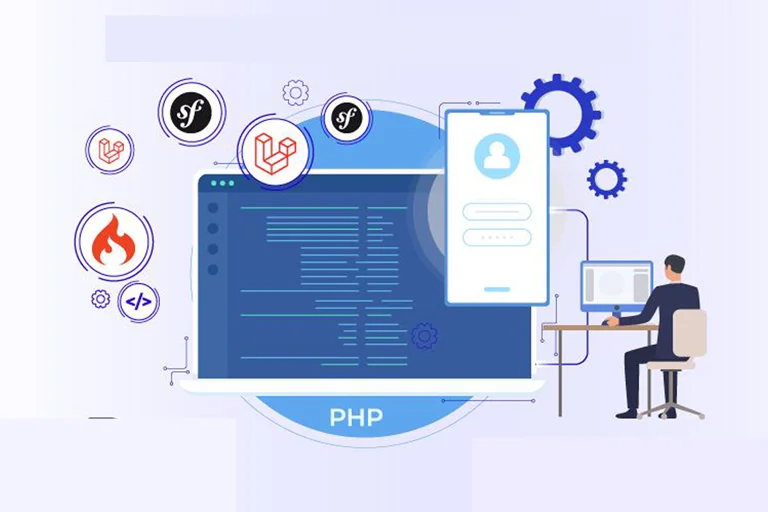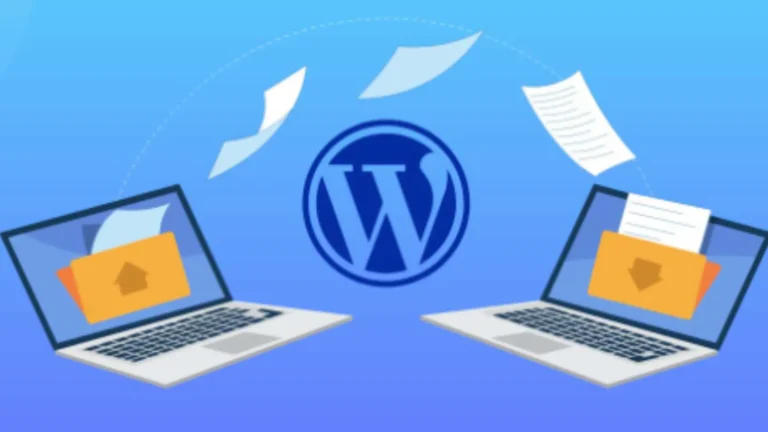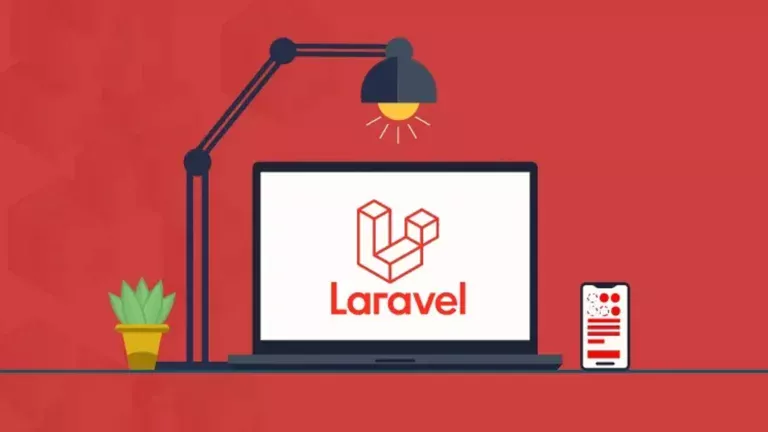Websites like Facebook and Wikipedia utilize the PHP framework, the most used online programming language. So, you can be up and running with it in no time at all.
Many developers use PHP, and third-party frameworks developed on top of it throughout the globe. When you use the PHP framework, you’re able to work faster and more efficiently while still laying a solid basis for your apps.
Frameworks may also help alleviate some of the shortcomings of the PHP language, making them a viable option for even the most demanding of projects.
Modules, design patterns, and tools are becoming more important in software development as it becomes more difficult to produce high-quality programs quickly. There are a lot of ways frameworks may help.
Our goal in this post is to examine the top frameworks and identify their key benefits and potential drawbacks. So, keep reading to better grasp which PHP frameworks; are most suited to your web development requirements.
Laravel
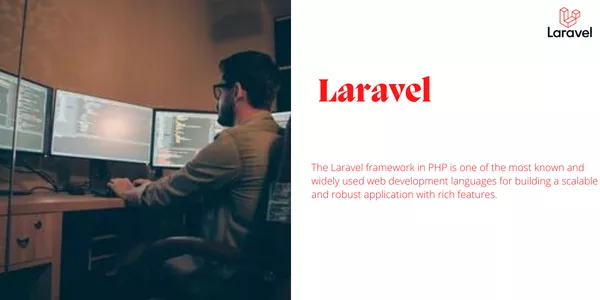
The Laravel Framework Laravel is the most widely used PHP framework. There are now hundreds of contributors and millions of installs of the framework, first published in 2011 by Taylor Otwell. An MVC architecture is used, and a templating language called Blade is used to build HTML layouts that are simple to customize. In addition, laravel employs Eloquent ORM, which is simple to comprehend and implement.
Using Eloquent ORM, you may design models and relationships in the PHP framework Laravel, subsequently translated and performed in SQL. If you prefer a different database system, you may migrate your code to a new one. A vast array of features, packages, and applications make Laravel stand apart from the competition.
It’s possible to conduct extensive activities asynchronously without taxing your application and delaying loading time for your users, for example, using queues. In addition, users may be authenticated right out of the box, and other functionality like caching and broadcasting events are available.
Fifty percent of PHP framework Laravel developers use Laravel, according to a report by JetBrains. In addition, SaaS, eCommerce, and a wide range of other applications may all be built using it. While small businesses favor it due to its ease of use, significant corporations depend on it because of its robust capabilities.
Symfony
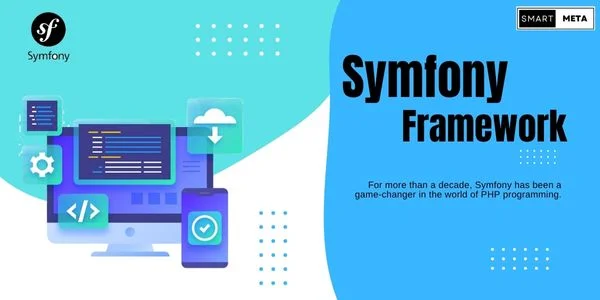
For more than a decade, Symfony has been a game-changer in the world of PHP programming. In addition to being a framework, it provides a collection of reusable components that can be applied to any new PHP framework project without any further configuration. Laravel is only one of several open-source solutions that utilize these components. Symfony is developed and supported by Sensio Labs, has more than 100 contributors, and has a lively development community.
It uses Doctrine ORM for object-relational mapping and is built on the MVC design paradigm. In addition, the Twig template engine is used to assist render HTML while constructing views.
Symfony is one of the most powerful PHP frameworks since it has a wide range of functionality, a strong community, and a high level of stability.
Predictability, assistance, and optimization are essential in increasingly sophisticated online projects. In addition, many drivers for business databases are available in Symfony, making it an excellent candidate for such applications.
Phalcon

As a PHP extension built in C, Phalcon is a unique framework since it isn’t developed in PHP. That means you’ll have to code C from scratch. Without a doubt, no. In contrast, it is very efficient since it isn’t written in the new PHP framework and is compiled straight from C. In comparison to other frameworks, Phalcon can handle more requests per second.
Phalcon has a wide range of capabilities, including an ORM, caching, templating, and security, in addition to its lightning-fast speed. As a result, many significant enterprises turn to Phalcon when high performance is a need.
CodeIgniter
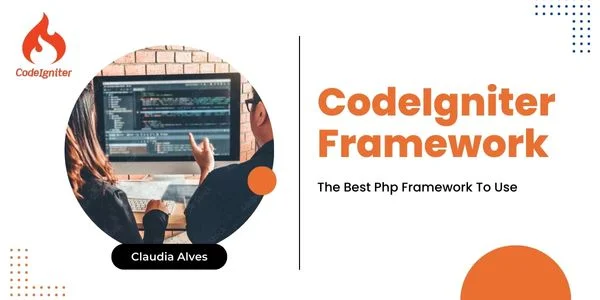
CodeIgniter is a PHP-based MVC framework that enables developers to build new applications quickly. In addition, you may utilize the framework to speed up the development process since it isn’t a rigid structure.
Unlike other PHP frameworks, CodeIgniter does not mandate you to implement the MVC design pattern, but it does urge you to do so. Caching, multiple databases, routing, and other common characteristics of current online applications may be found in this software. It’s easy to employ these features in a variety of ways. CodeIgniter is used to construct APIs and lightweight web apps in both small and big enterprises.
Yii Yii

PHP-based web applications may be built using Yii, an open-source framework. As a result of concentrating on essential parts of the application, it has less overhead than other approaches based on OOP and MVC. Furthermore, because Yii is far quicker than other frameworks, it is ideal for constructing high-performance websites.
Everything from blogs to SaaS apps to social networking sites may be built using it. Check out the YiiPowered website for a collection of Yii-powered projects.
CakePHP
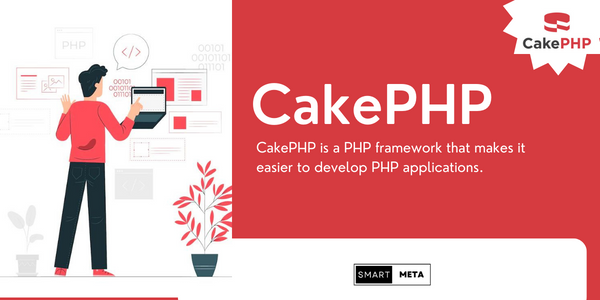
CakePHP is a PHP framework that makes it easier to develop PHP applications. It has built-in capabilities to make coding the business logic of your application easier. It also has a comprehensive feature set and a flexible database access layer so that you may create basic or sophisticated software systems with it.
A sophisticated framework with many capabilities, it was one of PHP’s first MVC frameworks in the early 2000s. Since then, it has continued to expand in popularity.
CakePHP’s unique design is because it is built on conventions. CakePHP may function automatically with no setup by creating a database with particular naming standards. You may view some real-world CakePHP projects in their official showcase if you’d like.
Slim Framework
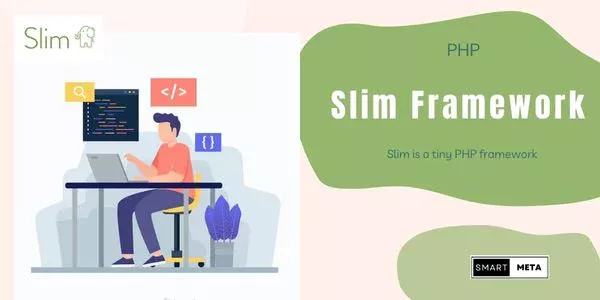
Slim is a tiny PHP framework in 2022. With fewer capabilities than other frameworks, it aids with the development of lightweight yet robust web applications and APIs.
To speed up the creation of new applications, it contains routing, middleware, and more complex request-handling capabilities. In addition, the Composer dependency management makes it easy to add features prevalent in other frameworks, such as database access tools, to Slim.
Slim may create microservices, restful APIs, and scalable systems for single-page applications (SPAs).
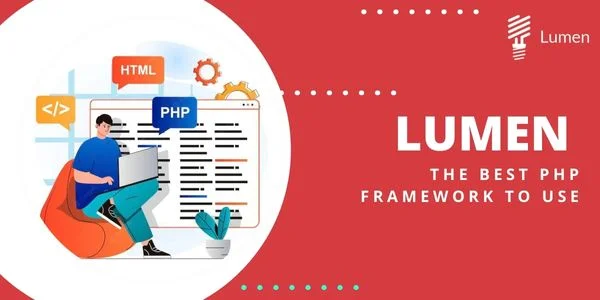
Developed by the Laravel inventor and maintained by the community, Lumen is a PHP framework 2022. If you’ve worked with Laravel before, you’ll feel right at home with this framework. In addition, slim’s small size and high performance make it an excellent choice for today’s software.
Low latency and remarkable speed are critical for creating APIs for single-page apps, microservices, and other back-end services.
FuelPHP
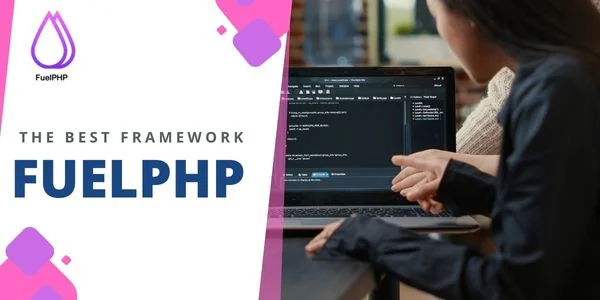
Full-featured PHP framework magneto FuelPHP was first released in 2011. An incredibly customizable and versatile PHP MVC framework for building web applications. In addition to MVC, the framework also supports the more complex Hierarchical Model-View-Controller (HMVC) architecture. HMVC, in contrast to MVC, does not need duplicate content to show several pages. As a result, it consumes less time and memory.
PHPPixie
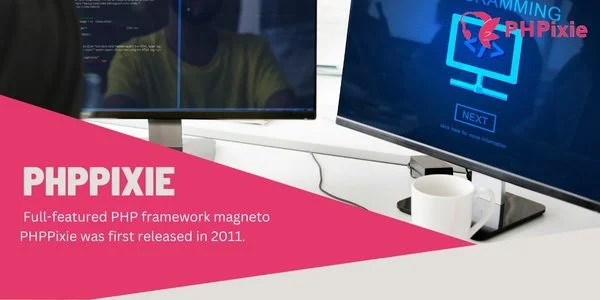
The full-featured PHP framework FuelPHP was first released in 2011. An incredibly customizable and versatile PHP framework magneto is for building web applications. In addition to MVC, the framework also supports the more complex Hierarchical Model-View-Controller (HMVC) architecture. HMVC, in contrast to MVC, does not need duplicate content to show several pages. As a result, it consumes less time and memory.

